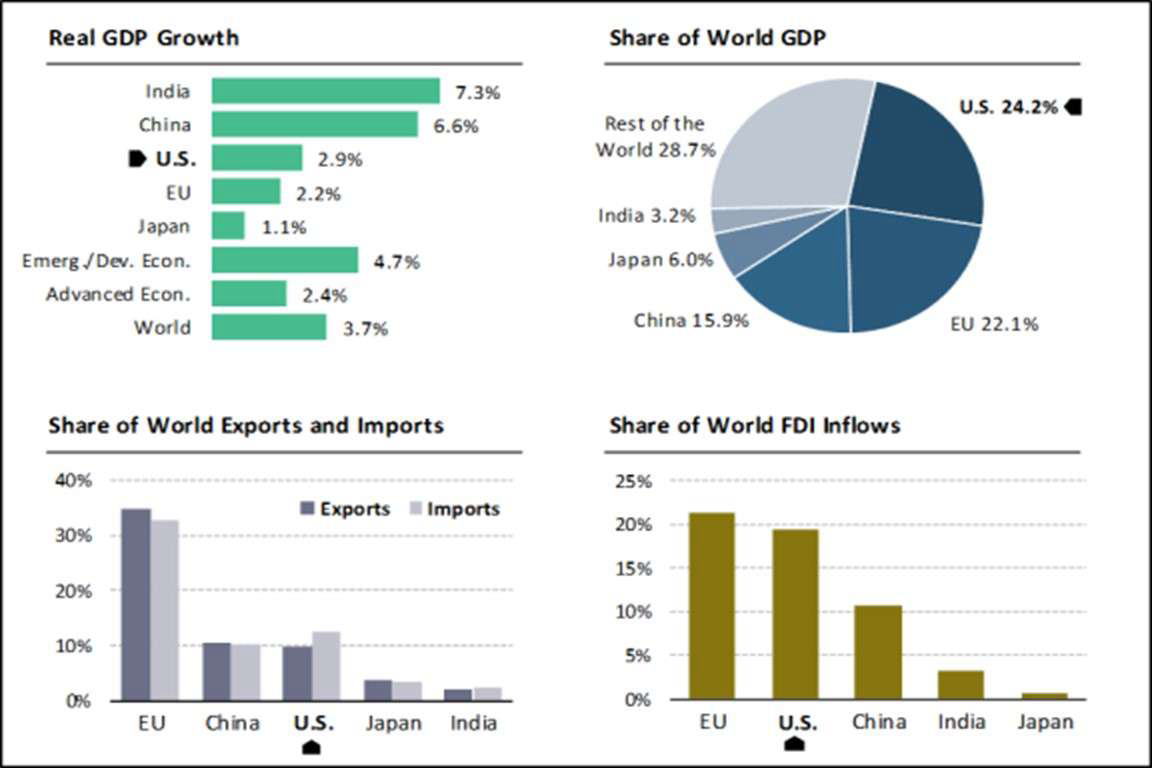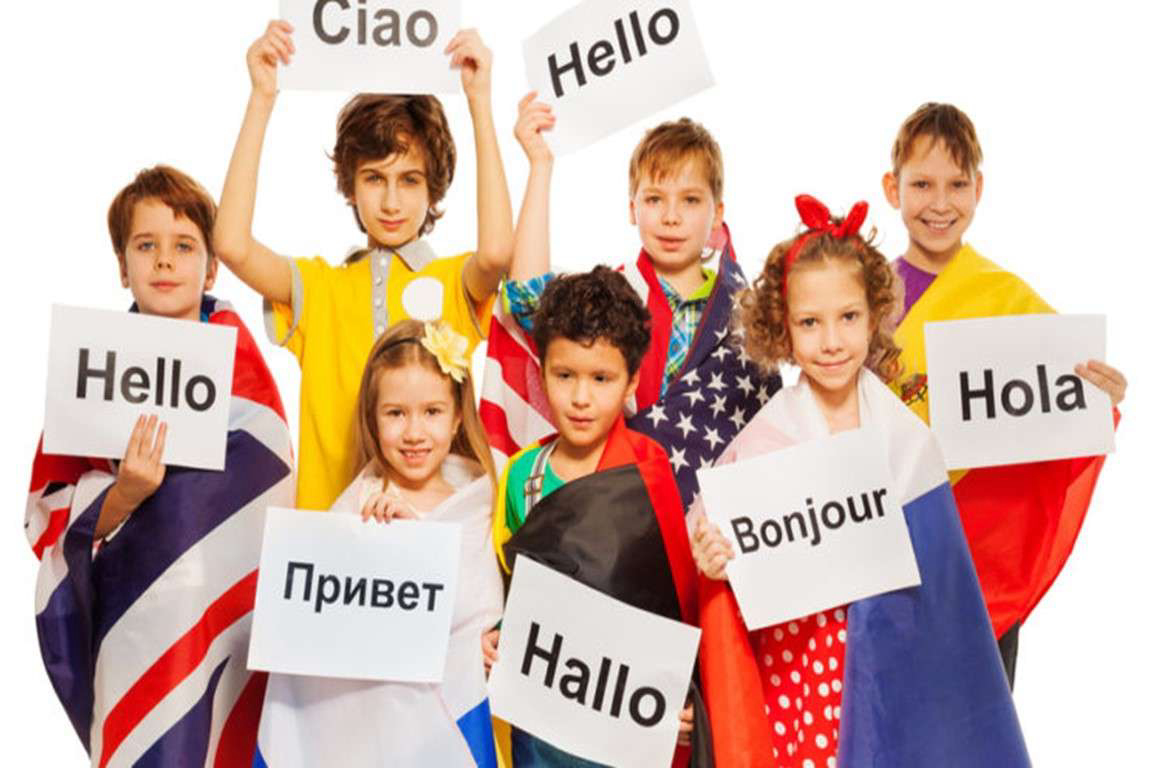The essence of culture has always purveyed paramount factors across dimensions. The term contributes to one’s identification, traits and belongingness. Culture has catered significantly in the domain of economy since its inception and continue to bolster it in the incumbent period as well. However, there are myriads of bifurcation when it comes to enlisting its contribution towards the development of society. Salient parameters such as population, recognition and status are some of the factors bridged between growth of a society and cultural contribution. There are two major branches of culture which postulates significantly in the development of society; culture traits that balance the individual participation, and traits that supplements substantial capital into the population bracket. The World Value Survey (WVS) has determined certain variables which are legitimized as societal values within a society and termed as “Culture”.
Renowned formal institutions and organizations carry out surveys and empirical analysis to formulate the national economic growth with the background of societal values and variables. Historical emphasis acts prominently when it comes to defining the ramification of capital distribution across states. Some pronounce the concept of saving while some believe in consuming it at the time of earning. While framing the 15th Finance Commission, new dogmas have been implanted for certain “Culture Rich” states (also termed as special category states) while allotting capital beneficiaries, but as stated by economists “A gain for one is also a loss for another”.

It took years for the economists, policy makers and researches to understand the need to include culture, society and their related perception while crafting blue-prints for a 5-year financial plan. A society perception plays a pivotal role in understanding behavioural economics as well economy as a whole. The penultimate decision-making paradigm should not only include the incentive and financial aid to shape out, but to bolster their thinking methodology and overall mindset, thereby reducing social exclusion. Because at the end, it’s the group of society which we’ve to purvey throughout.

Few years back, a renowned economist, Karla Hoff who’d led the world development report on Mind, society and behaviour in 2015 scripted hidden policy in the area of behavioural economics which linked implications from culture, diversity, corruption and inequality. The mere fact that terminologies like ‘Economy’, ‘Development’, ‘Societal Structure’; all these highlighted terms are derived from daily human activities. Therefore, how can we just neglect the account of human mindset and perception while speculating economic development?
Honour-centric cultures tend to intake development in terms of cooperative conventions that pastel out among participants who discuss and interact on a daily basis. During the cooperative period, there are situations which may not be in favour of the non-dominating class and as result, the chances of poverty reduction plummets enormously. However, they’re cases where the intervention tuned out to be positive and successful in changing the primary thoughts of the parties. Many of the intervention lack due to societal up-brining and the local dogma they follow. Some parts in the rural area have notary which are disfavoured towards women. The norms are much more complex and stringent when it comes to bifurcate on the basis of caste. Even though the government are trying to eradicate the social evils from the communities which hold enormous capacity to enrich and outgrow in all areas. These unfettered regulations are primarily been followed as a part of pre-existing culture, and have been passed from generations. Therefore, it’s been proven that cultural beliefs are one among the core ingredients for development.

In the lieu of the lockdown, where the entire world is facing severe economic crisis, its important to maintain the unity among citizens irrespective of caste, creed, religion or status. Because at the end, we must entail the treating everyone equally, especially in hard times for sustaining peace and harmony. Such changes are been crafted after cumbersome procedure by the middle-men and policy makers for balancing the capital across states. Haven’t there been concept such as ‘culture’ or ‘tradition’, the scenario would’ve been far worse than the incumbent one. Not to mention that some modifications made are trenchant towards certain sectors and divisions, and involves capital sacrifices.
During the ancient century, cultural exchange and modification took more time as compared to the current period, but with the touch of industries and mobilization, people tend to understand the essence of culture instantly. Renowned economist, Adam Smith, stated in his book “The Wealth of Nation” that trade is a zero-sum game.
The concept of including culture and traditions in economic growth has witnessed tremendous resistance throughout years. Because the theories of culture remain static, thereby configuring the variable on edge. Also, it isn’t a quantifying factor in proving the life-cycle model which states the difference between saving rate and growth rate.
Empirical approach can aid us with providing the exact parameters needed from cultural domain for calculating economic growth. It’s not necessary to modify a particular society method of living. On contrast, it’s not relevant as well as easy to rotate an existing thinking methodology of a society, however it’s much easier to formulate while proceeding part-wise. The most apt way is by spreading awareness among our peer groups, parents and organization. By stating the prominent factors could enhance their livelihood. Lastly, the debate on whether the inclusion of cultural aspects and traditions is conducive while deriving national economy and development growth of a nation, still continues. There’s ambivalent criticism towards the topic, yet, the most basic thing which could be followed by every citizen is: “living in a cooperative environment”.
References:
- “The Effect of Cultural Value on Economic Development.” Researchgate, 1996,
- “Culture and Development.” Culture and Development, 2013,
- “What Role Does Culture Plays in Development.” What Role Does Culture Plays in Development, 2014,
- “Why Culture Is Vital in a Nation’s Development.” Why Culture Is Vital in a Nation’s Development, 2016,
